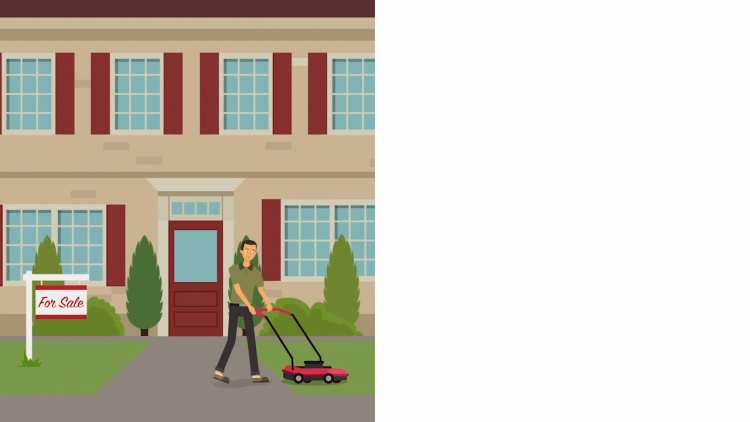Lowry v. United States
United States District Court for the District of New Hampshire
384 F.Supp.257 (1974)

- Written by Sara Rhee, JD
Facts
Edward G. Lowry, Jr. (plaintiff) was the de facto owner of a summer home located in Martha’s Vineyard. The home was part of a community run by the Seven Gates Farm Corporation, which held legal title to the property. In 1967, Lowry decided he no longer needed the summer home. He immediately put the property up for sale. Lowry, who had extensive experience in real estate transactions, recognized that home prices in Martha’s Vineyard were on the verge of a rapid increase. Although the home had a fair market value of $50,000 in 1967, Lowry listed the property for $150,000. Until the property was sold, Lowry returned each spring to open the home and maintain the property. He came back each fall to close the home for the winter. He only slept in the home when he stayed to maintain the property. He also used the home once a year to host the Seven Gates Farm Corporation’s annual shareholders meeting. Lowry never used the property as a personal residence after he listed it on the market. He did not attempt to rent the house because he believed that a clean home would sell faster, and that furnishing the home for rental would be financially unviable. Furthermore, the Seven Gates Farm Corporation had placed considerable restrictions on renting the home. The property sold in 1973 for $150,000. In 1970, Lowry deducted the expenses for the care and maintenance of the home on the grounds that he no longer used the summer home as his personal residence. The Commissioner disallowed the deduction and assessed a corresponding tax against Lowry. Lowry paid the tax under protest and brought suit in United States District Court to recover the payment.
Rule of Law
Issue
Holding and Reasoning (Bownes, J.)
What to do next…
Here's why 907,000 law students have relied on our case briefs:
- Written by law professors and practitioners, not other law students. 47,100 briefs, keyed to 996 casebooks. Top-notch customer support.
- The right amount of information, includes the facts, issues, rule of law, holding and reasoning, and any concurrences and dissents.
- Access in your classes, works on your mobile and tablet. Massive library of related video lessons and high quality multiple-choice questions.
- Easy to use, uniform format for every case brief. Written in plain English, not in legalese. Our briefs summarize and simplify; they don’t just repeat the court’s language.





